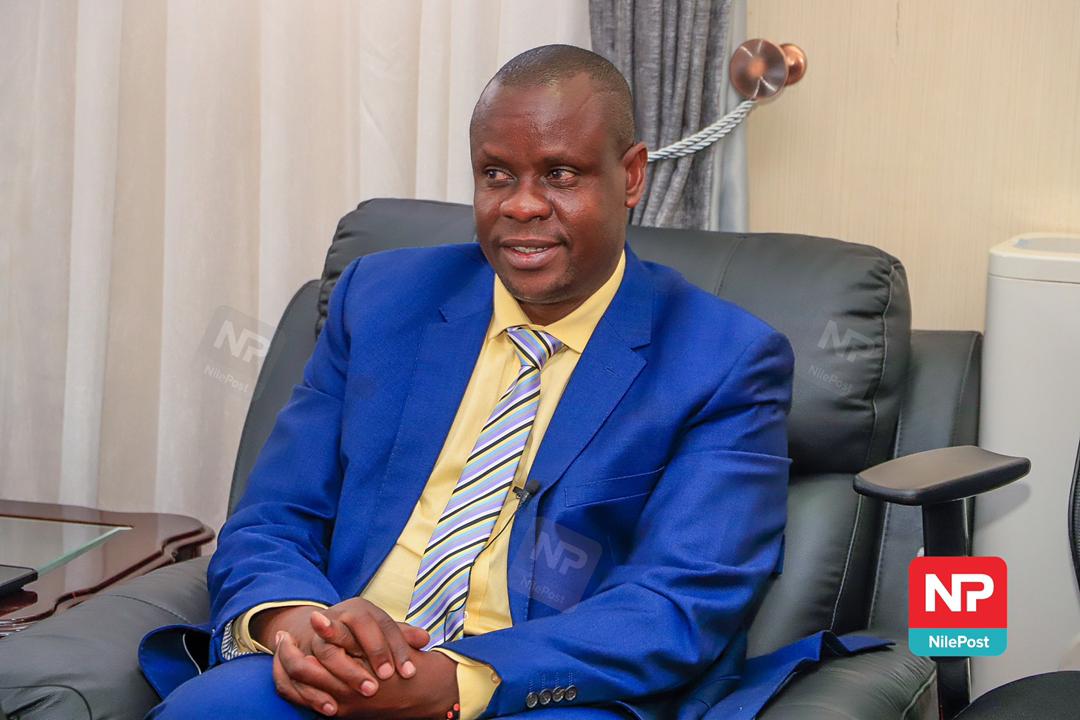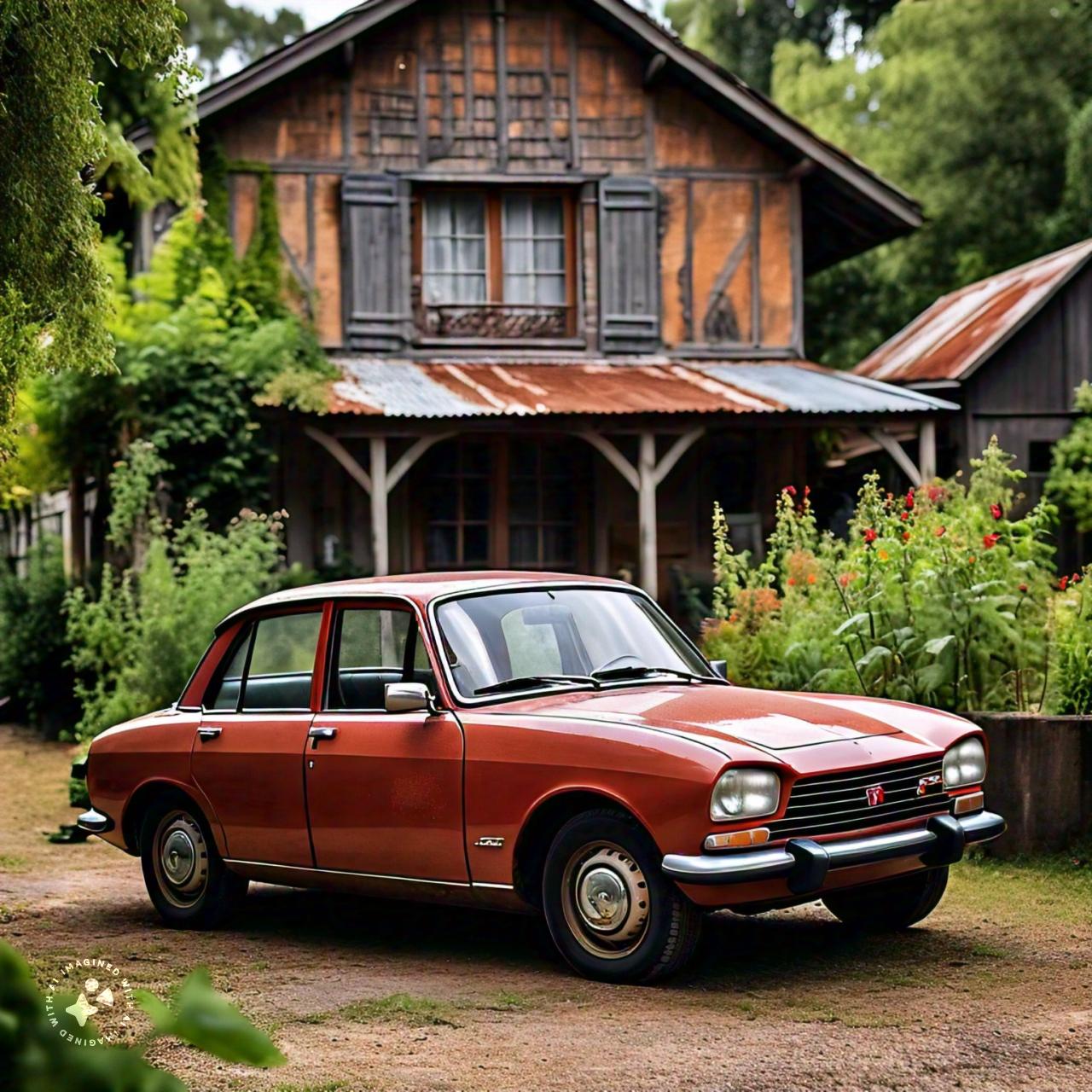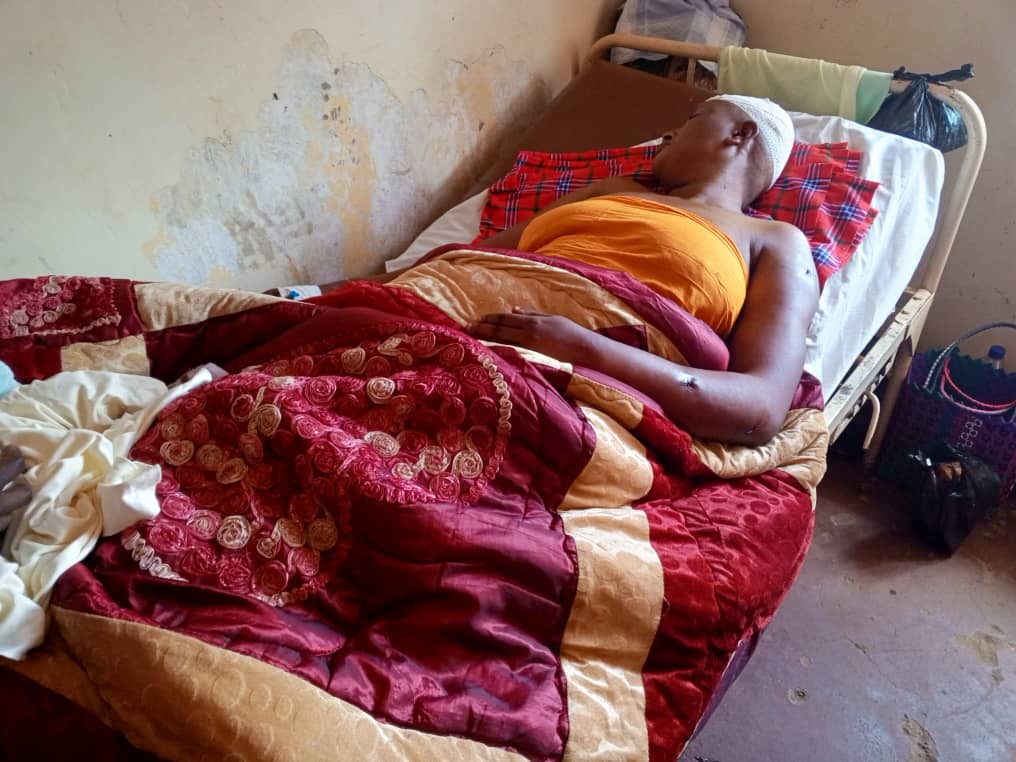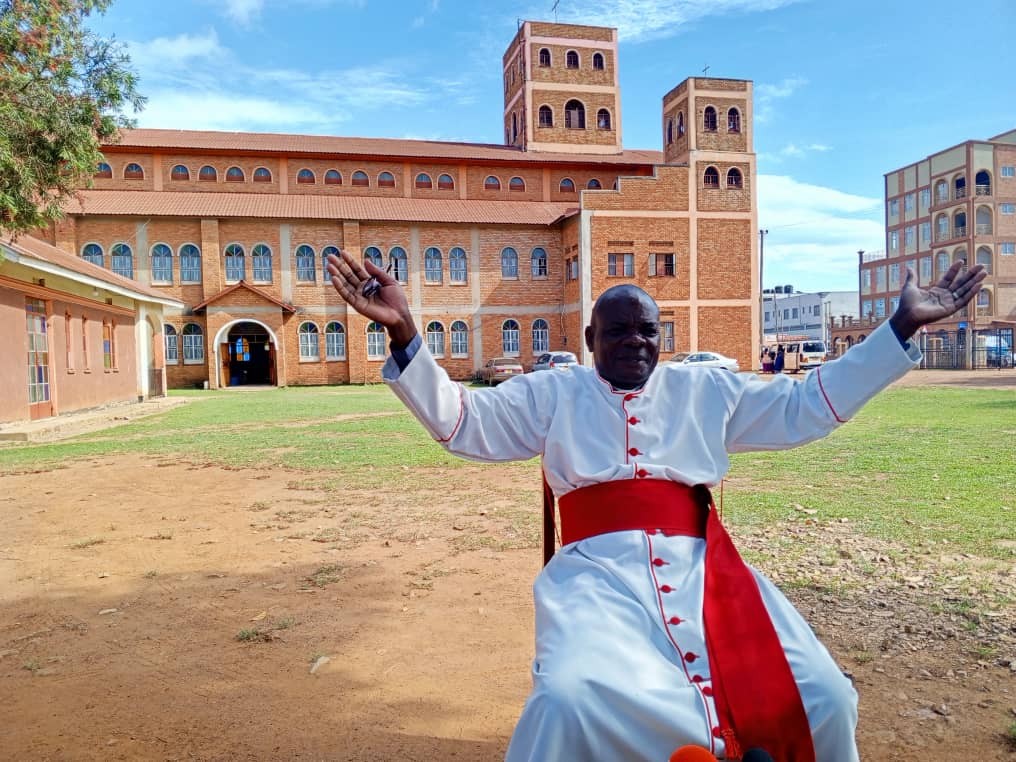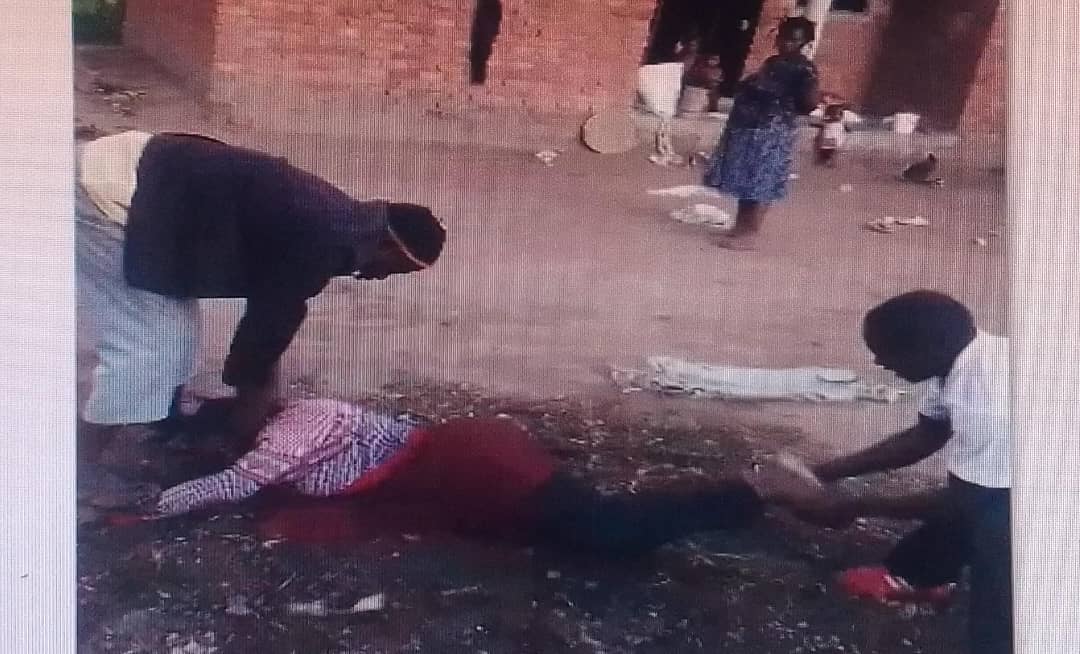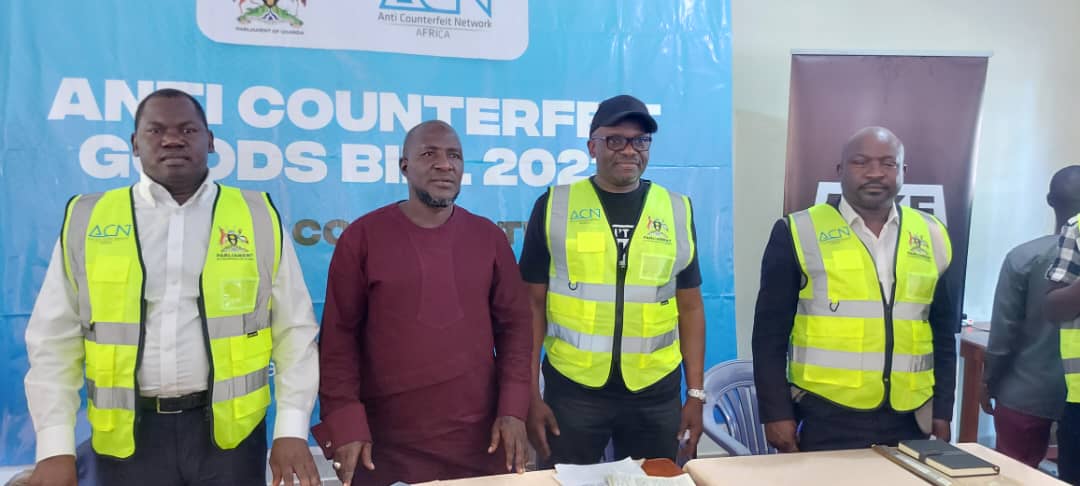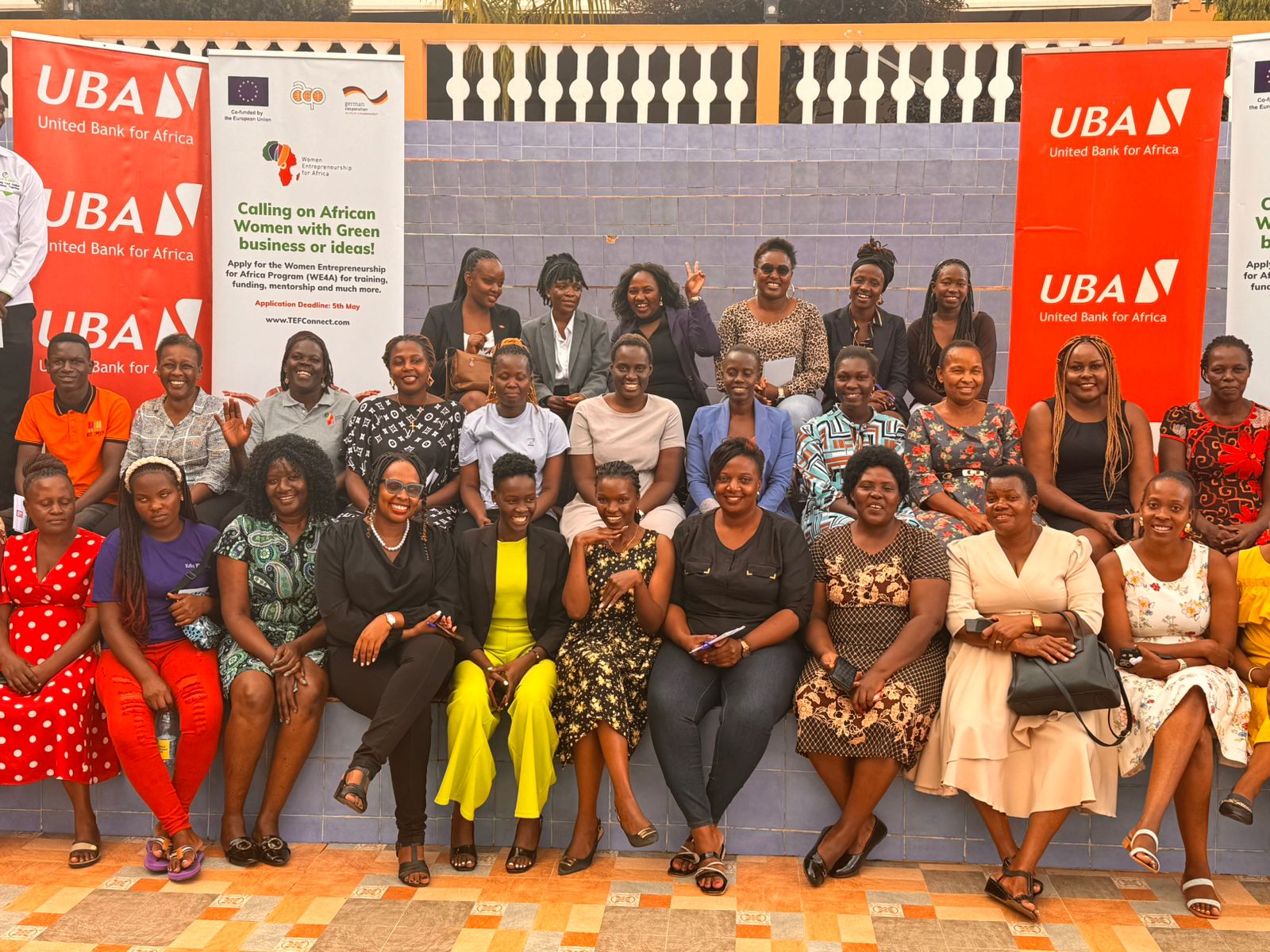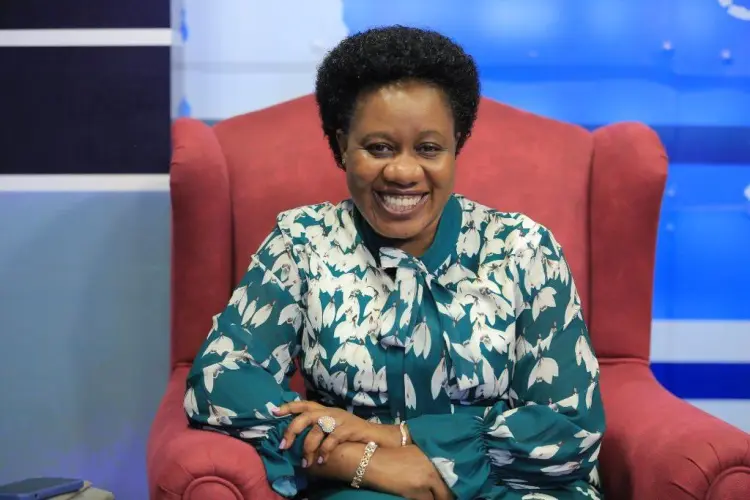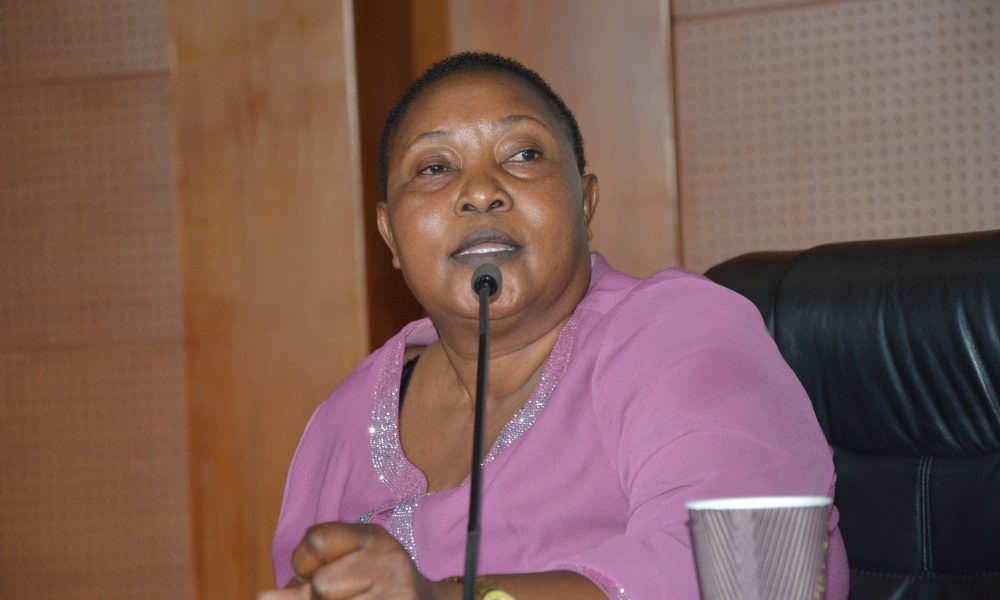Man who held up skull of another in celebration shot in the head
Notorious Russian army captain and mercenary Igor Mangushev has died in hospital, days after he was shot in the head at close range in occupied Ukraine, his friends have said.
Mangushev's wife Tatyana described his killing as an execution.
He commanded an anti-drone unit in occupied Luhansk, but had also been one of the founders of a mercenary group fighting Ukrainian forces in 2014.
He took to a stage last summer holding a man's skull.
In a video posted on social media in August, Mangushev was filmed saying the skull belonged to a Ukrainian fighter killed defending the Azovstal steel works in the southern port of Mariupol.
An extreme nationalist, Mangushev said Russia was not at war with people, but with an idea of Ukraine as an "anti-Russian state", and it did not matter how many Ukrainians died.
Mangushev emerged from a neo-Nazi movement to co-found private mercenary group Yenot (raccoon).
He was later known to have collaborated with Russia's most notorious mercenary boss, Yevgeny Prigozhin, as a political strategist.
The shooting has prompted widespread speculation about who might have carried out the attack at a checkpoint in the occupied Ukrainian town of Kadiivka, some distance from the frontline.
Russian reports said he had been shot at close range with a 9mm bullet fired from the top of his head at an angle of 45 degrees. Russian authorities are investigating the killing and have so far said nothing about the circumstances.
The bullet had reportedly lodged in his brain. Before he died, pictures showed him lying in a hospital bed.
Another extreme Russian nationalist, Pavel Gubarev, said everyone knew who was behind the shooting and observed that Prigozhin had for the moment gone quiet.
The 11-month war in Ukraine has energised the murky world of extremists in Russia and sparked rivalries between them.
After the attack, Russia expert Mark Galeotti said it demonstrated that Russia was sliding back towards aspects of the 1990s, "when murder was a business tactic, and the lines between politics, business, crime and war became near-meaningless".
Source: BBC


